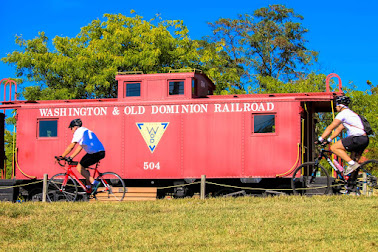When buying a condo home; Avoiding Costly Mistakes.
Buying a condominium is popular with many people who want more time to enjoy life and want ownership with minimum amount of maintenance.
1. Decide if you want a New or Existing condo.
There are inherent differences between new condo developments and existing ones. New -new condo developments are, in the eyes of a lender, more risky than pre-existing ones. The guidelines for buying are more stringent. But the new condo will have lower fees, but no established condo association. Existing- a well established association, but could have high condo fees because of maintenance issues.
2. Buying a condo.
It is worth looking into who lives in the building and who owns the other units. This goes well beyond affecting your quality of life after moving in. Lender will require that a condominium questionnaire be completed in conjunction with the transaction. The lender assesses whether or not the building is Fannie Mae or FHA approved. They want to know if there is pending litigation, the number of units that are rented, number of units that are delinquent on association dues, how many units are in foreclosure and even how many units are owned by a single entity. A condo unit that is not Fannie Mae or FHA approved will be tough for a buyer to find a loan. Worse if you are an owner, you have fewer buyers who can purchase your condo.
3. What are rules for the condo association?
Rules can be as benign as what you can hang on your outside door and as major as whether or not you can rent the unit. Can you have a large dog? Do you get to put up Christmas decorations? Where can visitors park? Are you allowed to list your space on Airbnb or rent it out long-term? These questions might slip your mind when you’re in the thick of negotiating your condominium purchase, but they could ultimately determine if condo living is right for you
4. Amenities Galore?
Many buyers want their association to offer a lot of amenities such as a pool, gym, playground, elevators and more. Just keep in mind the more amenities the higher the condo fees and over time these costs can go up.
5. What should I expect for my Condo fees?
If you are a buyer, check to see what the average condo fee in the zip code is. Low condo fees are great, but that is not necessarily a great thing. The association might not be collecting enough fees and therefore deferring maintenance. More importantly check the reserves. The reserve is the money set aside by the association for future repairs. You need to know what the required reserve amount is. If the reserve is below what is required, then this a red flag because the association is going to need to find money for present and future repairs.
6. Are there Special assessments?
This is a lump sum of money each owner is required to pay. Usually the associations needs money to do repairs on the building. Always check if the condo has a special assessment. The seller is required to tell the prospective buyer about this. Check recent association minutes to make sure there is no future assessment been discussed. Condo meeting minutes can give you an idea about the most common complaints and how they’re handled. This information will be in the packet provided to you the buyer.
7. How many units are occupied by renters or for sale?
A large number of renters can be an indication of a condo that is hard to find a lender to finance the property. This condo will likely have a high turnover of residents too.
Buying a condo can be an excellent way to invest in real estate without bearing some of the major responsibilities of home-ownership. However, it's important to be aware of some of these pitfalls.



Comments
Post a Comment